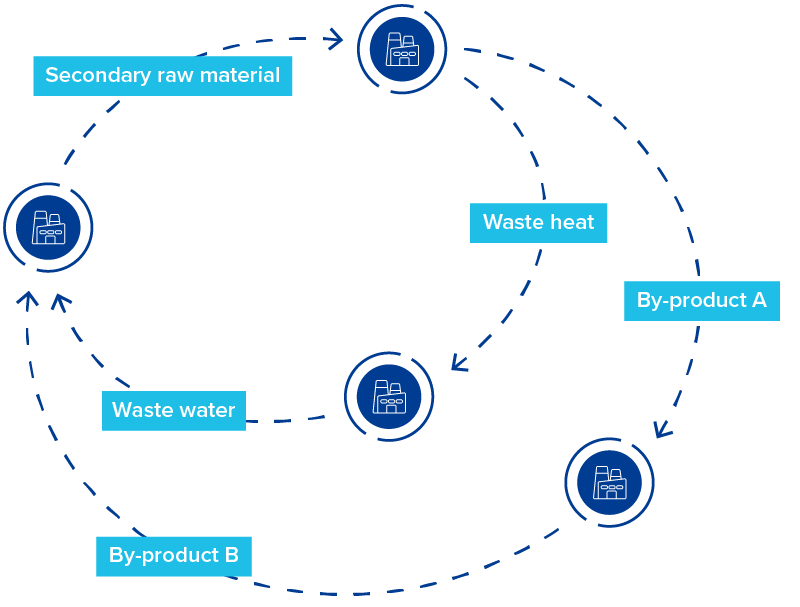Although it has only just begun, there is already a lot of pressure on the year 2023 to meet the targets set in the Paris Agreement. 2022 showed us that historic changes can be made, such as the agreement on a compensation fund for climate damage during COP27, but not enough has been achieved so far. The ongoing war in Ukraine, high energy prices, and the continued market effects from Covid-19 are putting companies in a very challenging situation. Many are wondering now what should be prioritised in the year ahead.
In this year‘s report, we provide an outlook on important topics for companies in 2023. We also offer recommendations for how companies can deal with the challenges. The following insights emerge from this:
-
We need strong partnerships for climate action
-
Postponing climate action measures leads to increased pressure
-
Transparency creates trust and security
2023 will be a year of implementation and renewal. Many companies have already taken the important step of setting science-based emissions reduction targets. Now these targets must also be implemented. In addition, companies should broaden their view outside their value chain to learn from other companies and enter relevant partnerships. The following article will outline six topics that will be interesting to company’s climate action roadmap in 2023.

No. 1: Climate action requires a coordinated effort
We need strong climate action partnerships across governments, regions, and businesses to meet the 1.5 °C target. Companies can contribute to this goal by collaborating with partners inside and outside their value chain.
Example of industrial symbiosis

Source: VDI Zentrum Ressourceneffizienz
No. 2: Commitments towards net zero must be kept
Moving forward to deliver on net zero commitments is still an urgent priority, even given the current global situation. Companies face many challenges, but holding back much needed investment in progress towards net zero will put more pressure on them at a later stage.
No. 3: Increased pressure on the agricultural, forestry, and other land use sector
The IPCC (Intergovernmental Panel on Climate Change) has pointed out that the agricultural, forestry, and other land use sector is responsible for a relatively high proportion of greenhouse gas (GHG) emissions globally. To address this issue, the Greenhouse Gas Protocol and the Science Based Target initiative (SBTi) are developing ambitious guidance each on how GHG emissions and removals can be calculated and how science-based targets can be set in this sector.
No. 4: Carbon offsetting remains an essential aspect of climate action
Carbon offsetting will continue to be necessary in the future as it will never be possible to eliminate all emissions generated by a company. The important step is to only offset the emissions that remain after the reduction of Scope 1, 2, and 3 emissions. Furthermore, transparent communication is highly recommended for all climate action initiatives, especially offsetting.
No. 5: Gen Z drives companies’ readiness for climate action
Generation Z is especially concerned about climate change. It is already visible in their demands for companies to act responsibly. However, it does not end there: Gen Z has an impact on older generations as well, acting as a role model and making others question some of their choices. Companies need to listen to young people to stay relevant.
No. 6: Climate action transparency is key
Companies will gain trust and security if they share their climate action strategy and measures transparently. Not only consumers demand transparent communication, but also investors and banks need to make sure that companies understand their climate-related risks and are reporting them openly.
Connect with us to start your climate action journey. Download our report and contact us today.
